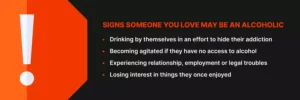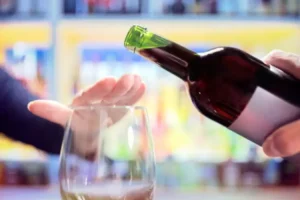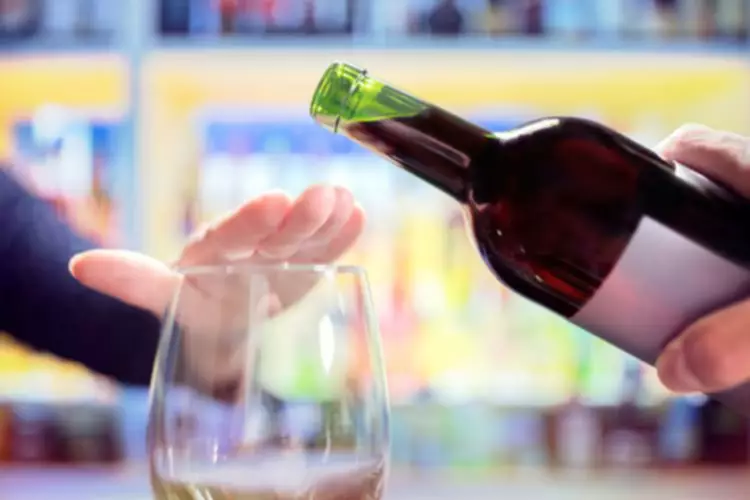
Filling balloons with sand or rice, members can carry these stress balls as reminders of their ability to manage anxiety and stress without relying on substances. Undertaking group DIY projects, such as building or restoring something together, promotes collaboration, problem-solving, and a sense of achievement. And when you share a creative endeavor with others, it can be both fulfilling and empowering – not to mention, productive. Creativity can come in all forms – fictional storytelling to personal narratives – and you might like this form of expression more than you think. Sober bars and pop-up events are becoming increasingly popular in cities across the world. Enjoy finely-crafted non-alcoholic drinks in the company of other sober people with all the atmosphere of a bar or nightclub.

Why are recovery group activities important in the healing process?

Substance use is often linked with other harmful habits, which can hinder recovery. This topic helps members identify these habits and work to replace them with healthier ones. Recognizing and changing these behaviors supports a more positive, sustainable recovery journey. Mindfulness teaches individuals to stay focused on the present moment, reducing anxiety and cravings. Members learn techniques like deep breathing and guided meditation to stay grounded.

Staying on Track: Relapse Prevention and Coping Skills
Honesty with oneself and others is foundational to a successful recovery. This discussion explores how honesty can foster trust, reduce guilt, and support sobriety. Members can share experiences where practicing honesty has positively impacted their recovery. Empathy strengthens connections by helping individuals understand others’ experiences and feelings.
Goal-Setting And Achievement Challenges

It’s like a real-time strategy game where the goal is developing better coping mechanisms. Imagine a room buzzing with energy as participants craft their recovery vision boards. Magazine clippings, photographs, and inspiring quotes come together to form a visual representation of each person’s aspirations. It’s not just arts and crafts; it’s a tangible reminder of why they’re on this journey. The helpline at AddictionResource.net is available 24/7 to discuss the treatment needs of yourself or a loved one. This helpline is answered by Treatment X LLC, an addiction treatment provider with treatment facilities in Ohio, Pennsylvania, and California.
- Joining fun groups for addicts in recovery offers a unique blend of support, understanding, and shared experiences that can significantly enhance your journey.
- They shift the focus from what participants are leaving behind to what they’re moving towards, transforming recovery from a process of loss to one of gain.
- Help group members who might be struggling with this by brainstorming affirmations for them.
- Triggers are specific situations, emotions, or people that can prompt substance use.
Understanding Emotions
- Teachers’ interventions should define the goals and procedures of each exercise, promote participation, and support the sharing of ideas within the group.
- This topic includes role-playing exercises that allow members to practice empathy and see situations from different perspectives, which can improve relationships and communication.
- After playing with them, transition into a discussion about the fallibility of our senses and point of view.
- These groups support recovery by providing a judgment-free environment where members can show acceptance and offer validation.
- Recovery involves rediscovering and redefining oneself beyond addiction.
- Bring some brainteaser exercises and optical illusions to a meeting.
- Talk about how differently people perceive things based on who they are and the situation at hand.
A 6-page fun group activities for adults in recovery worksheet for describing problem areas, identifying goals, and exploring what has (and has not) been helpful in the past. This worksheet can be used to develop a collaborative treatment plan. A 1-page worksheet for exploring ways to resist urges to use in early recovery. A 1-page worksheet for identifying things that promote addiction and ways to get rid of or avoid these things. A letter template for individuals entering long-term residential treatment for substance use, to be opened and read at treatment completion.
Learning to be present and mindful is a vital part of the recovery process. It supports well-being and helps prevent people from becoming overwhelmed or giving in to triggers. People can openly share their thoughts and feelings, reduce self-stigma and shame, and help each other process and grow from difficult experiences or emotions.
Creating an Aftercare Plan for Substance Abuse
From creative expression to trust-building exercises, these experiential therapy activities can unlock deeper layers of healing and encourage long-lasting recovery. Structured activities within these groups are highly effective in promoting personal growth, enhancing self-awareness, and building strong community bonds that can bolster resilience. It is crucial to offer meaningful and entertaining recovery group activities that would help clients develop trusting relationships with other members of the recovery group.
Communication Skills
Cognitive-behavioral therapy (CBT) might sound intimidating, but who says it can’t be fun? Enter the world of thought challenge relay races and cognitive distortion bingo – where tackling negative thinking patterns becomes a team sport. And for those looking to blow off some steam, group fitness classes like boxing or dance provide a healthy outlet for pent-up emotions. It’s amazing how throwing a few punches (at a bag, of course) or busting a move can shift your mood and energy.
Kommentare von fouad